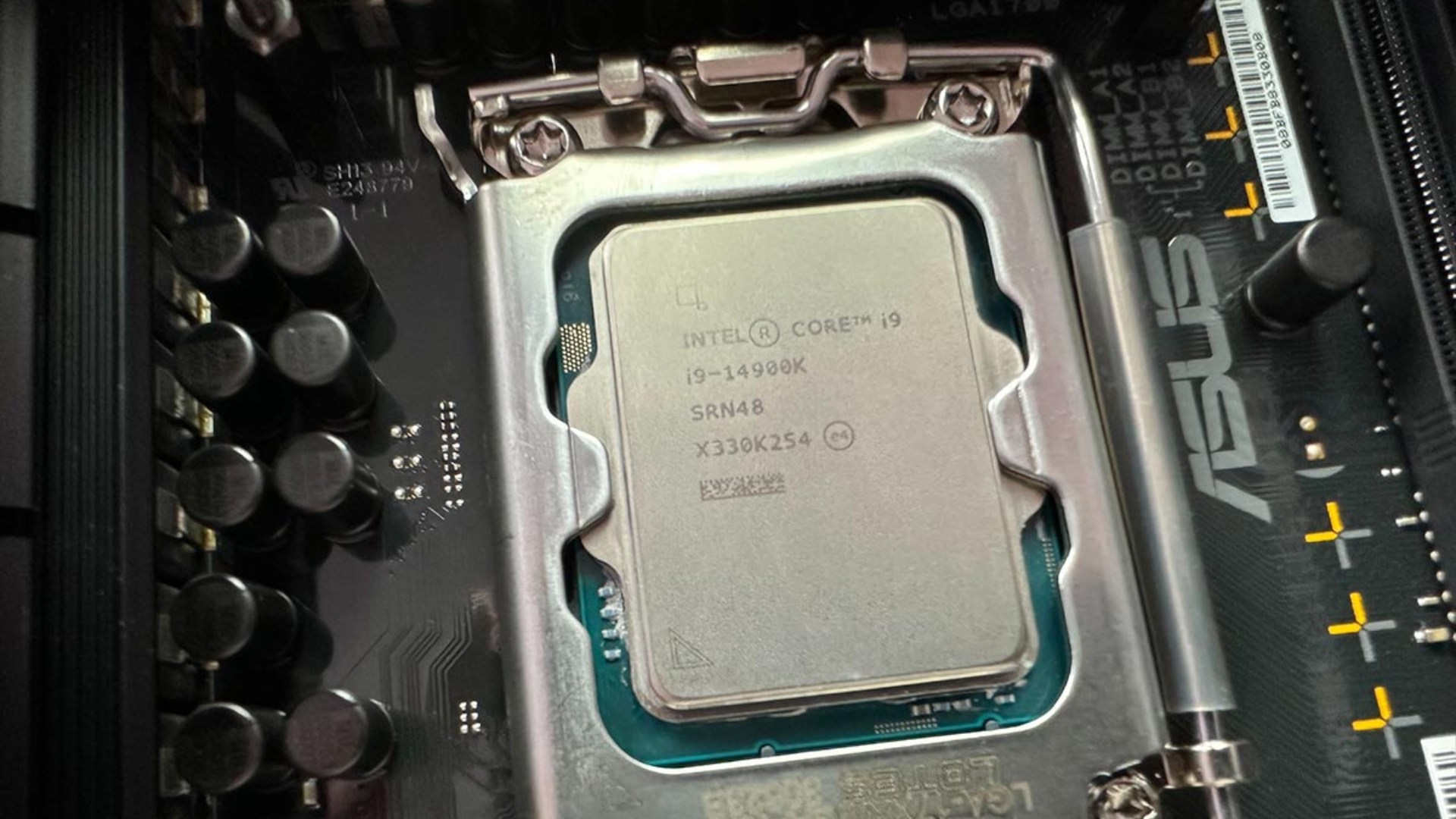Intel 13th & 14th gen CPUs “running for multiple days” benefit from new stability patch, 8 months after the last one

Table of Contents
It’s been over a year since the CPU stability issues with Intel 13th and 14th generation processors came to light. After much investigation and many disgruntled customers, Team Blue pushed several microcode patches to resolve the issue. The most recent BIOS update patch came back in September 2024, eight months ago. That should have been the end of the story, but Intel has now pinpointed a new issue.
The fiasco led to popular hardware reviewers recommending against buying one of the chips, and game developers began to acknowledge the issue. It certainly opened up an opportunity for rivals AMD, which it has taken full advantage of by claiming excellent Ryzen CPU sales as of late, especially for its X3D gaming range.
Intel announces microcode update 0x12F
As part of its effort to continually improve its products, Intel is releasing a new microcode update (0x12F) supplementing the 0x12B microcode update released in September 2024. This new microcode further improves system conditions that can potentially contribute to Vmin Shift Instability on Intel Core 13th and 14th Gen desktop-powered systems. Intel is releasing this 0x12F update based on Intel's investigation of a limited number of reports regarding systems continuously running for multiple days with low-activity and lightly-threaded workloads.
The release of the 0x12F microcode does not alter the root cause determination for the Intel Core 13th and 14th Gen desktop processor Vmin Shift Instability issue: https://community.intel.com/t5/Processors/Intel-Core-13th-and-14th-Gen-Desktop-Instability-Root-Cause/m-p/1633442
Based on microcode testing and validation, Intel has identified no measurable performance impact with the 0x12F microcode update.
Intel continues to recommend users with Intel Core 13th and 14th Gen desktop processors ensure they have the latest BIOS updates installed and utilize the Intel Default Settings profile in their BIOS to mitigate Vmin Shift Instability risk with their systems.
Intel Community
Concerning the “no measurable performance impact” claim, Intel notes that its internal testing compared 0x12F microcode to 0x12B microcode on an Intel Core i9-14900K paired with DDR5 5600MT/s memory across a range of synthetic and gaming benchmarks.
